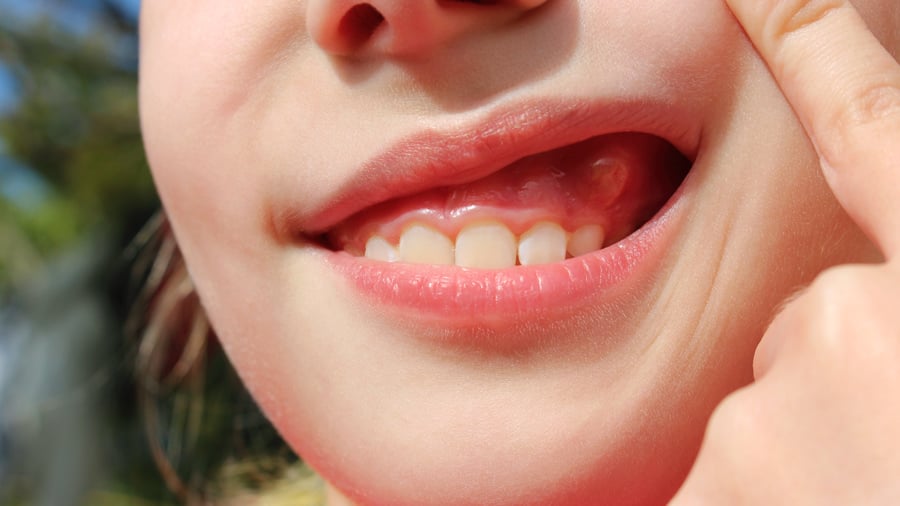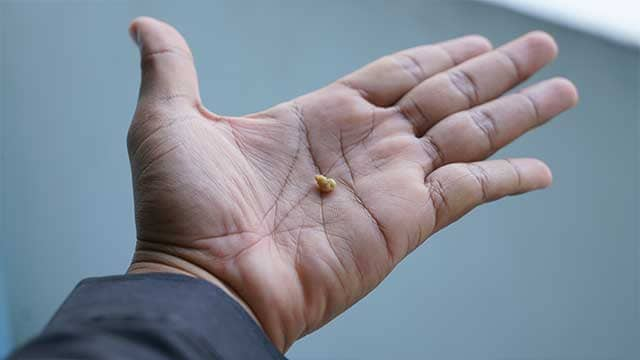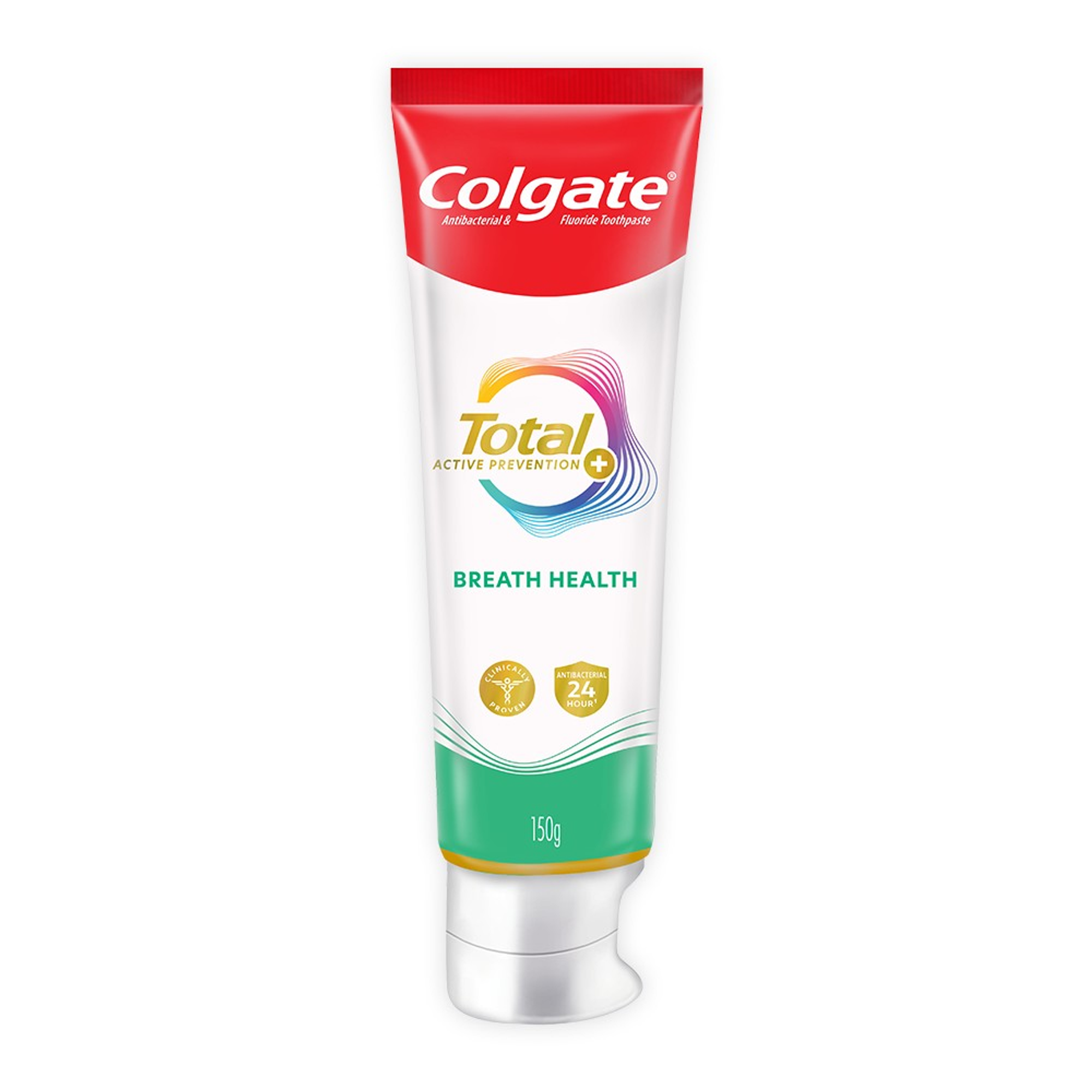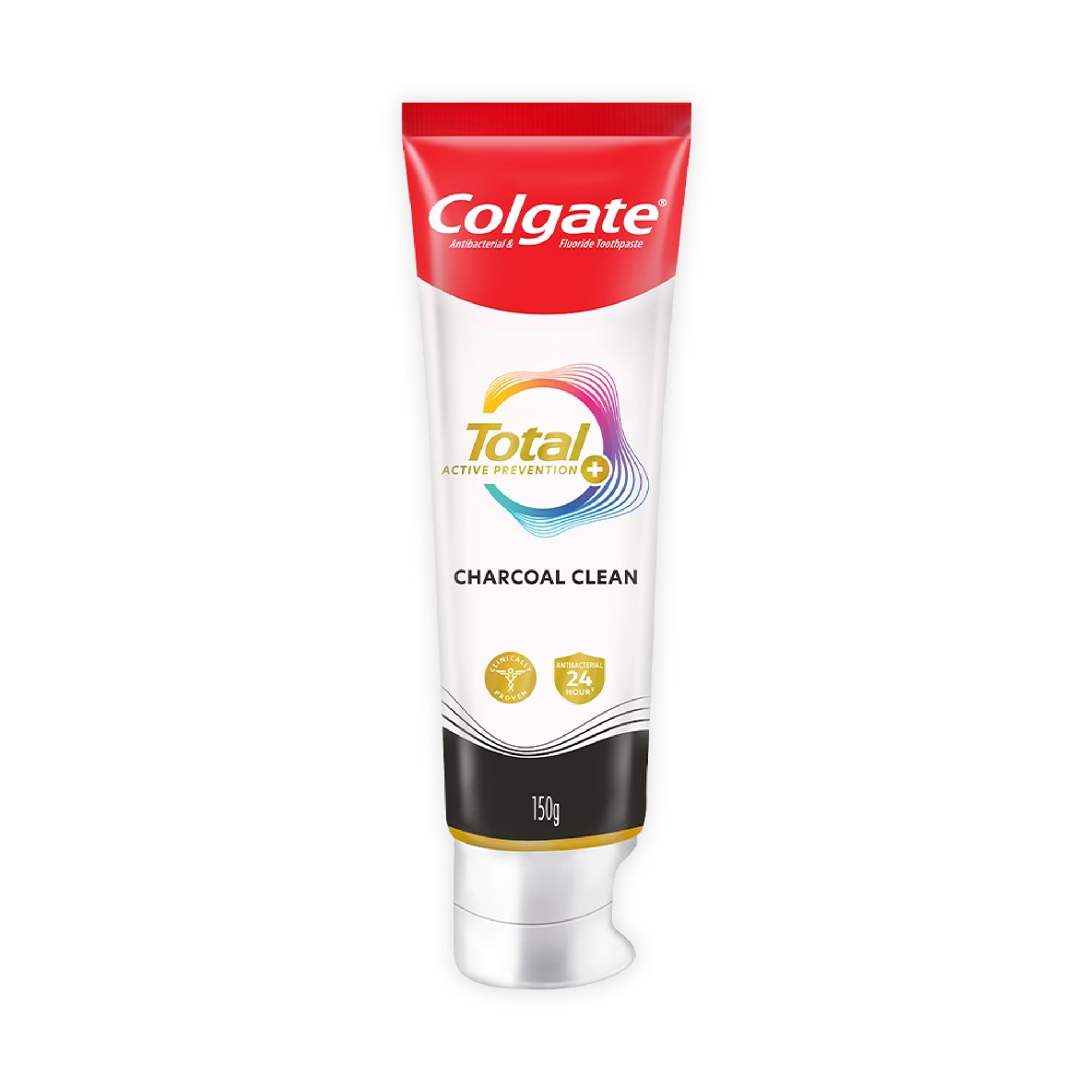-
-

ADULT ORTHODONTICS
Should You Use Mouthwash Before or After Brushing?Brushing and flossing are the foundation of a good oral hygiene routine, but mouthwash can also be a useful addition...

SELECTING DENTAL PRODUCTS
Soft Vs. Hard Toothbrush: Which One Should You Use?The toothbrush has come a long way. As the American Dental Association (ADA) notes...
-
Science & Innovation
- Oral Health and Dental Care | Colgate®
- Oral Health
- Prescription Medications And Dry Mouth


Prescription Medications and Dry Mouth
In the past 20 years, a majority of Americans feel that prescription medications have improved the lives of people living in the United States (73 percent) as well as their life and their families lives (63 percent). Over half of all adults are currently taking prescription medication and one in five takes four or more prescription medications per day1.
Dry mouth or xerostomia is a condition that occurs when the salivary glands of a person do not function normally, resulting in inadequate secretion of saliva in the mouth. There are three major salivary glands in the mouth and prescription medications can affect each of them. If you are taking prescription medications, please inform both your medical and dental professional of the type of prescriptions you are taking.
What Drugs Cause Dry Mouth?
More than 500 medications cause dry mouth and when multiple drugs are taken they can increase the severity of dry mouth2, 3. The following classes of prescription drugs that affect the salivary glands are:
- Antihistamines: Prescription drugs in this category affect the production of saliva. These may include: Benadryl®, Claritin, Zyrtec, etc.
- Antidepressants: People taking antidepressants will also be affected by dry mouth. These types of drugs will affect the quantity of saliva production. These include Zoloft, Flexaryl and Elavil.
- Antiemetics: These are drugs that are prescribed to prevent vomiting and nausea in chemotherapy and radiation therapy and are also used to treat motion sickness (e. g., Anzemet, Domperidone).
- Antihypertensives: The antihypertensive medications (e.g. Albuterol aerosol, Norvasc, Prinivil) are taken for the control of blood pressure.
- Antiparkinson: The drugs in this category are prescribed to relieve the symptoms of Parkinson’s disease and other forms of Parkinson’s (e. g., Levodopa, Artane).
- Antispasmodics: These drugs are used to treat and relieve cramps and spasms that occur in the stomach, small and large intestines and the bladder (e. g., Dicyclomine).
- Antipsychotics: Drugs that are given for psychiatric disorders, anxiety and depression (e. g., Zoloft, Lexapro).
- Sedatives: This is a substance that induces sedation by reducing excitement or irritability and relieves anxiety (e. g., Amytal, Valium, Lunesta).
If you are taking any of these drugs, consult your physician and dentist to determine how you can control dry mouth. There are prescriptions and over-the-counter medications to relieve the dryness. Just ask your medical or dental professional for assistance.
References:
1.USA Today/Kaiser Family Foundation/Harvard School of Public Health, The Public on Prescription Drugs and Pharmaceutical Companies, January 3-23,2008.
2.Porter SR, Scully C, Hegarty AM: An Update of the etiology and management of xerostomia, Oral Surg Oral Med Oral Pathol Oral Radiol Endod 97:28-46, 2004.
3.Sreebny LM, Schwartz SS: A reference guide to drugs and dry mouth, ed 2, Gerodontology 14: 33-47, 1997.
© Copyright 2010 Colgate-Palmolive
Related Articles

If you notice anything strange in your mouth, such as a gum boil or a bump that looks like a pimple, it's a good idea to have it checked out by a dentist.

Tonsil stones, clinically called tonsilloliths, are small, white discharges that form in the crevices of the tonsils. They are typically found on the surfaces of the pharyngeal tonsils on either side at the back of the throat. They can be as small as a grain of rice or as large as a pea. They are quite common and usually harmless, but they may spark alarm in patients when noticed for the first time.

Related Products

Helping dental professionals
More professionals across the world trust Colgate. Find resources, products, and information to give your patients a healthier future








